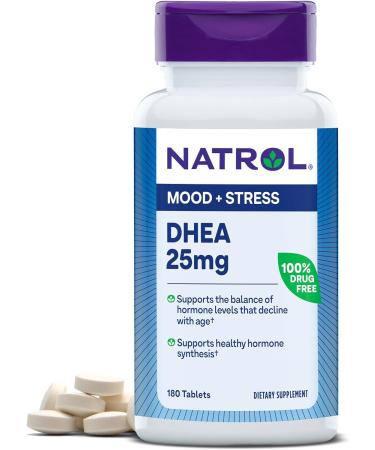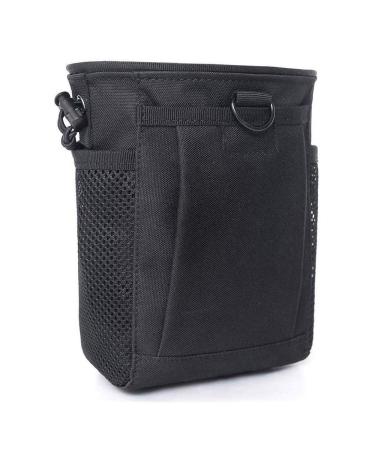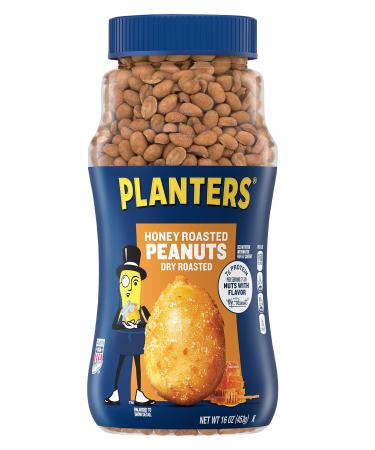The ingredients in baby formula (Protein, Fat, Carbohydrate, Vitamin, Mineral, etc.) must fall within the lower and upper limits set by the Codex. They are produced and marketed worldwide according to these standards. Therefore, you can make a difference with the quality of your milk. Holle uses biodynamic milk and is Demeter certified.
WHAT IS DEMETER?
Humankind must eat to sustain its existence, and driven by the need to maintain agricultural activities, it aimed to find new ways to increase production. The so-called "Green Revolution" aimed to produce more through conventional production methods, using more chemicals and fertilizers. Unfortunately, however, increased production did not translate into improved quality. People consuming foods produced in this way experienced allergic reactions, diseases, and immune system problems. Increased soil and water pollution due to overprocessing also began to cause numerous environmental problems.
In 1924, Rudolf Steiner, the Austrian philosopher, pedagogue, architect, artist, naturalist, and founder of anthroposophy (esoteric science), observed that the taste of food was deteriorating day by day, the quality of seeds was deteriorating, and that agriculture could not be conducted in a healthy way for humanity for a very long time with current application methods. He prepared an eight-lesson training program for sustainable agriculture. He raised farmers' awareness and shared biodynamic agricultural practices. Four years later, in 1928, he established a cooperative to bring these farmers under one roof, laying the foundations for Demeter. Today, Demeter International, with its 52 member countries, is an international certification body that continues its work without compromise to offer the world biodynamic products at standards far higher than organic production.
The Demeter certificate is awarded only to products produced on biodynamic farms.
Biodynamic agriculture is one of the oldest approaches to organic agriculture and the most sustainable agricultural method. First of all, every biodynamic product is also organic. However, not every organic product is biodynamic. Biodynamic agriculture adheres to stricter regulations than organic farming and requires the use of specific preparations to increase the energy density in the soil and plants, adding vitality and dynamism. All of these preparations, used in very small doses, are naturally derived and contain no chemical or synthetic additives. To benefit from biodynamic preparations, thorough knowledge of the application timing and technique is essential. The key differences between biodynamic and organic farming are as follows:
- Each biodynamic farm operates as a self-sufficient, small ecosystem where sustainability is a priority.
- Each biodynamic farm aims to be self-sufficient in compost, fertilizer, and animal feed.
- External inputs are kept to a minimum. If necessary, they are sourced from another biodynamic farm if not, they are sourced from an organic farm. However, they are considered biodynamic only after completing predetermined periods based on the type of input.
- Compost is prepared with special plant-based preparations, and product quality is improved with preparations containing natural fertilizers and quartz minerals. Cultivation processes within the farm are specifically supported through these biodynamic preparations, thus improving the quality of plants during the maturing period and ultimately achieving the highest food quality for humans and animals.
- Ecological diversity is the goal in biodynamic agriculture monoculture production is not practiced. Monoculture production is a common practice in organic production whereas diversity (a combination of fruit, vegetables, grain, and livestock farming) is essential for sustainability on biodynamic farms.
- In biodynamic agriculture, all production must be biodynamic. In organic production, both ecological and traditional production are permitted with partial conversion.
Biodynamic farms operate on a system where animal husbandry is combined with agriculture. While animal husbandry is not required by the EU organic regulations, animal husbandry is mandatory for agricultural operations on biodynamic farms. The number of cattle, sheep, and poultry to be raised per hectare is set by lower and upper limits. Providing the conditions necessary for animals to survive in their natural environment is essential. Animal husbandry on biodynamic farms is based on pasture or open air, livestock farming that is carried out with attention to the characteristics of the species, proper feeding with feed produced on the farm, and natural breeding.
To receive certification for these biodynamically produced products, at least ½ of their ingredients must meet Demeter standards. In other words, ½ of the ingredients in Demeter-certified products are organic, and at least ½ of them meet Demeter criteria.
Contrary to the general practice on standard dairy farms, cattle raised on biodynamic farms are not dehorned.
Demeter cattle retain their horns because they are an important sensory and communication tool for the animal, as well as having a significant impact on digestion, metabolism, and immunity. It has been observed that horned animals feed on pastures by selecting high-nutrient grasses. For these reasons, stressing the animals and reducing milk quality is undesirable. Raising conditions may need to be adjusted accordingly. The number of ruminants such as cattle, sheep, goats, and horses that should be kept per hectare on cultivated farms to maintain and improve soil fertility has been determined by species. Animals must be fed 100 organic feed in accordance with Demeter standards, with a minimum of 2 3 of their annual consumption produced on the biodynamic farm's own feed. Conventional feed is not permitted. 100 organic-biodynamic milk obtained from animals raised without the use of chemical fertilizers, pesticides, and antibiotics is highly nutritious, delicious, easy to digest, and has a low allergenicity.
HOLLE ORGANIC BABY MILK 2
Breast milk is the most natural and beneficial food for your baby. It provides all your baby's essential nutrients and vitamins. In addition, the intense contact your baby experiences while breastfeeding supports their sense of harmony and well-being. Therefore, the WHO and Holle Baby Food recommend breastfeeding for the first 6 months. We recommend consulting a doctor, midwife, nurse, or healthcare professional about the importance of breast milk. Holle Organic Baby Milk is a product that should only be used when breastfeeding is not possible and on the recommendation of a qualified healthcare professional. To prevent potential damage to teeth, do not give your baby a bottle as a means of enjoyment. Pay special attention to dental hygiene from the moment your baby's first tooth appears.
- 85 Years of Experience
- Premium Organic Baby Milk
- "Demeter Certified" highest organic quality from biodynamic farms
- 0 Naturalness
- Maximum Food Safety
- Easy Digestion
- Ideal Weight Gain
- "Healthy and Peaceful" Babies
- Holle Organic Follow-On Milk 2 is suitable for use as part of the special nutrition and diet of babies aged 6 months and over.
- It can be used during the transition from breast milk to Holle Organic Infant Milk 1 or instead of other follow-on milk.
- Holle Organic Follow-On Milk 2 can also be used in the preparation of Holle's organic cereal supplementary foods.
- We recommend switching to Holle Organic Follow-On Milk 3 from 12 months onwards.
Holle Baby Food, with its 82 different product range, is committed to providing the same quality products from day one to the future, with the principle of sustainability at all production stages from the very beginning.
Holle Baby Food is the only baby milk in the world with the "Demeter" certification, which, in addition to the Organic certification, is awarded to products that meet "Biodynamic" production criteria, which are much stricter than organic criteria.
Every Biodynamic product is also organic. However, not every organic product is a Biodynamic product.













